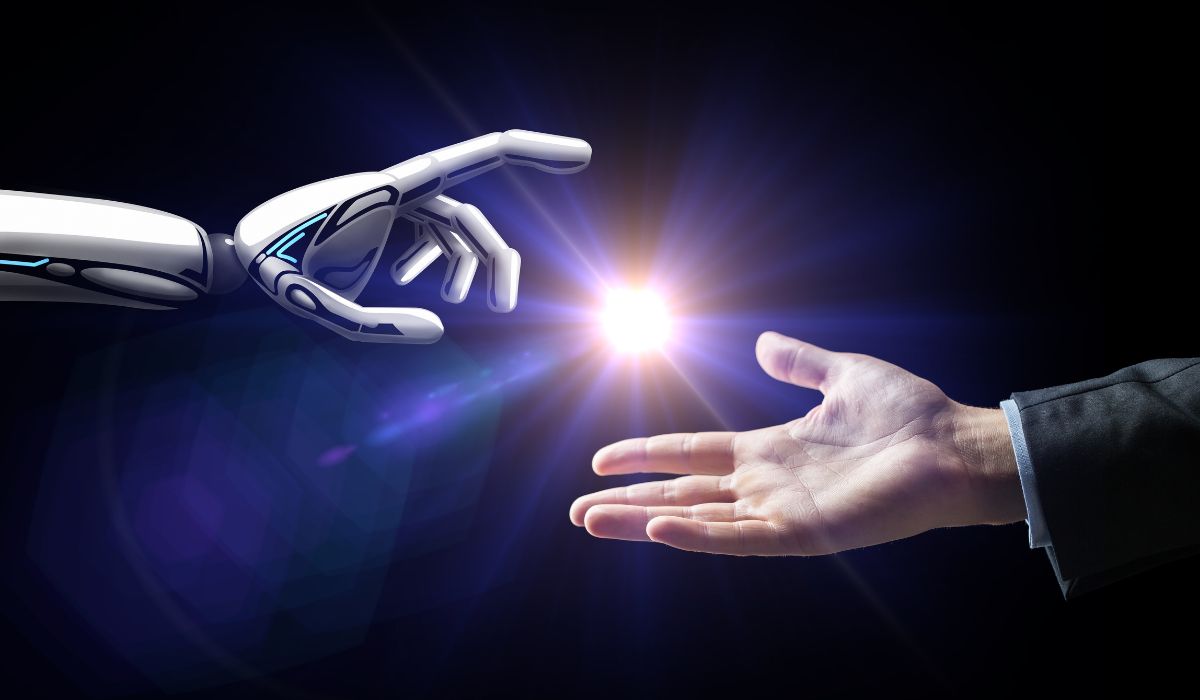
There’s no denying that the realm of artificial intelligence (AI) has witnessed exponential growth in the last couple of years while permeating into multiple sectors of the global economy.
As of 2024, the market has already achieved a valuation of $638.23 billion, representing a 17.29% increase from 2023’s valuation of $538.13 billion. Moreover, in the long term (i.e. by 2032), analysts see this space reaching $3.17 trillion (by 2032) — exhibiting a compelling CAGR of 37.4%.
Within this fast-expanding ecosystem, the education industry has stood out as being particularly promising, with research data noting that the ‘AI x education’ market could see its valuation grow from $5.18 billion to a sizable $112.3 billion over the coming decade.
Of these numbers, the North American segment holds a dominant share — 38% as of 2023 — followed closely by the Asia Pacific region (with the latter touted to be the fastest-growing market for the entirety of the forecast period).
As a result of this substantial growth, many experts believe that the education industry is beginning to witness a fundamental shift when it comes to how colleges, universities, and other digital learning platforms are perceiving and implementing future-ready tech into their existing operational structures.
The digital twin paradigm explained
From the outside looking in, the digital transformation of today’s educational landscape is being driven by multiple interconnected factors — such as the growing interest in personalized learning experiences, a widespread embrace of digital resources, etc.
However, amid all these developments, the concept of ‘AI twins’ has particularly stood out to many since it offers the possibility of creating realistic digital replicas of human educators that are more than just faddish representations of their real-world identities. Rather they offer highly trained ‘productivity accelerators’ that can free them from their heavy work schedules.
Furthermore, the outputs produced by these AI-driven counterparts transcend simple automated responses; instead, they are thoughtfully crafted and capable of engaging the client in meaningful conversations — while making well-informed decisions and capturing the intricate nuances of an individual’s personality.
Lastly, these virtual educators can provide round-the-clock support, maintaining consistently high-quality levels of instruction while generating data-driven insights.
One project helping bring this vision to life is ‘Twin Protocol.’ Its suite of offerings makes human-AI interactions more dynamic and organic thanks to its sophisticated machine learning (ML) algorithms and use of decentralized ledgers.
That said, the platform’s potential extends far beyond traditional educational boundaries. For instance, imagine an AI replica that can provide personalized guidance, real-time contextual advice, and continuous learning experiences across various domains. This is what the Twin Protocol helps achieve.
Notably, the project has attracted remarkable collaborations that underscore its potential. Partnerships with SingularityNET and influential figures like Deepak Chopra and Kool and the Gang co-founder Robert Bell have highlighted the platform’s credibility and innovative approach.
Deepak Chopra’s AI twin, for instance, could provide holistic wellness insights and meditation guidance to individuals worldwide, transcending geographical and temporal limitations.
Similarly, Robert Bell’s digital twin could offer unique musical and creative expertise, enabling aspiring musicians and artists to learn from his extensive experience in the music industry.
Lastly, Twin Protocol’s commitment to maintaining individual agency and data privacy sets it apart from the rest of the fray. Through its blockchain-based ‘Twin Vault‘, the protocol ensures users retain complete control over their digital identities.
Understanding AI’s undeniable impact
As the world moves ahead on a path of increased digitization, the future of AI in education looks increasingly bright. For starters, it stands to revolutionize learning by tailoring educational experiences to an individual’s needs as well as supporting teachers with advanced tools that can help offer them unprecedented insights into a student’s performance.
Not only that, AI can adapt to different learning styles, automate administrative tasks, and make education more accessible. Therefore, the convergence of human creativity and AI could help craft a future where education is more intuitive, engaging, and transformative.





















